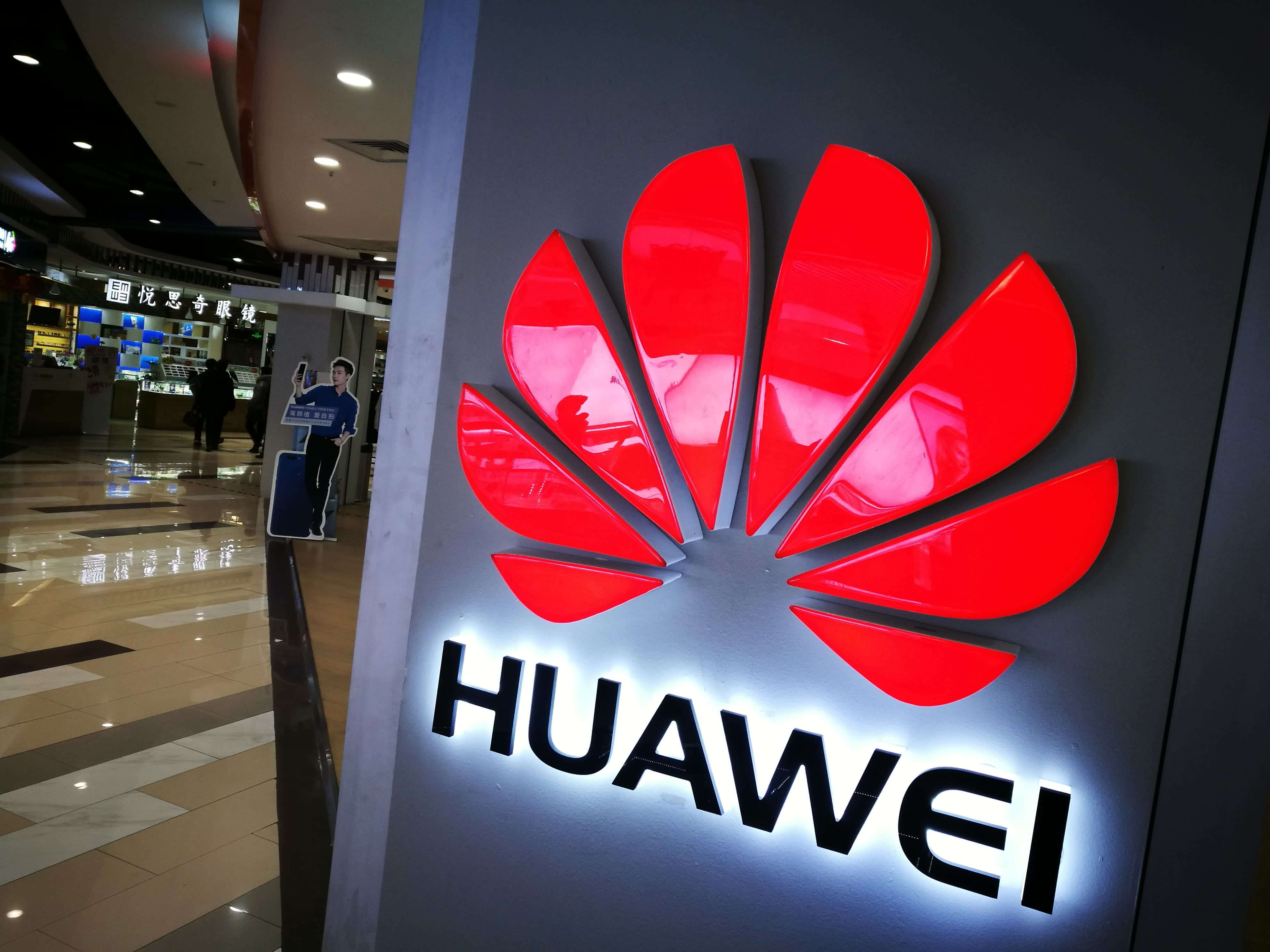In brief: The European Commission has recommended that member states carry out their own risk assessments of 5G network infrastructures but didn’t suggest a blanket ban on Huawei’s equipment—something the US has been pushing for.

The recommendations give countries until the end of June 2019 to carry out the 5G assessments, which includes evaluating the risks linked “to the behavior of suppliers and operators.” It will be up to each nation whether they decide to exclude a company from their plans.
”5G technology will transform our economy and society and open massive opportunities for people and businesses,” said European digital chief Andrus Ansip in a statement. “But we cannot accept this happening without full security built in. It is therefore essential that 5G infrastructures in the EU are resilient and fully secure from technical or legal backdoors.”
The US has long accused Huawei of spying at the behest of the Chinese government, with intelligence chiefs warning that a telecoms device from the company could put users at risk of having their personal information stolen.
Following the signing of the Defense Authorization Act, US government agencies and contractors have been banned from using certain tech from Huawei. In response, the firm intends to sue the US government.
America has been asking its allies not to use Huawei’s equipment in their 5G networks. While Australia and New Zealand agree, others, including the UK, believe they can mitigate any potential risks. But ignoring the warnings could come at a cost: US officials said they would limit intelligence sharing with Germany if it used Huawei’s 5G technology.
The EU also asks that nations work together and exchange information with each other. The reports will be passed on to the European Union Agency for Network and Information Security (ENISA), which will deliver a coordinated risk assessment by 1 October 2019.
https://www.techspot.com/news/79378-eu-wants-increase-security-around-5g-networks-but.html